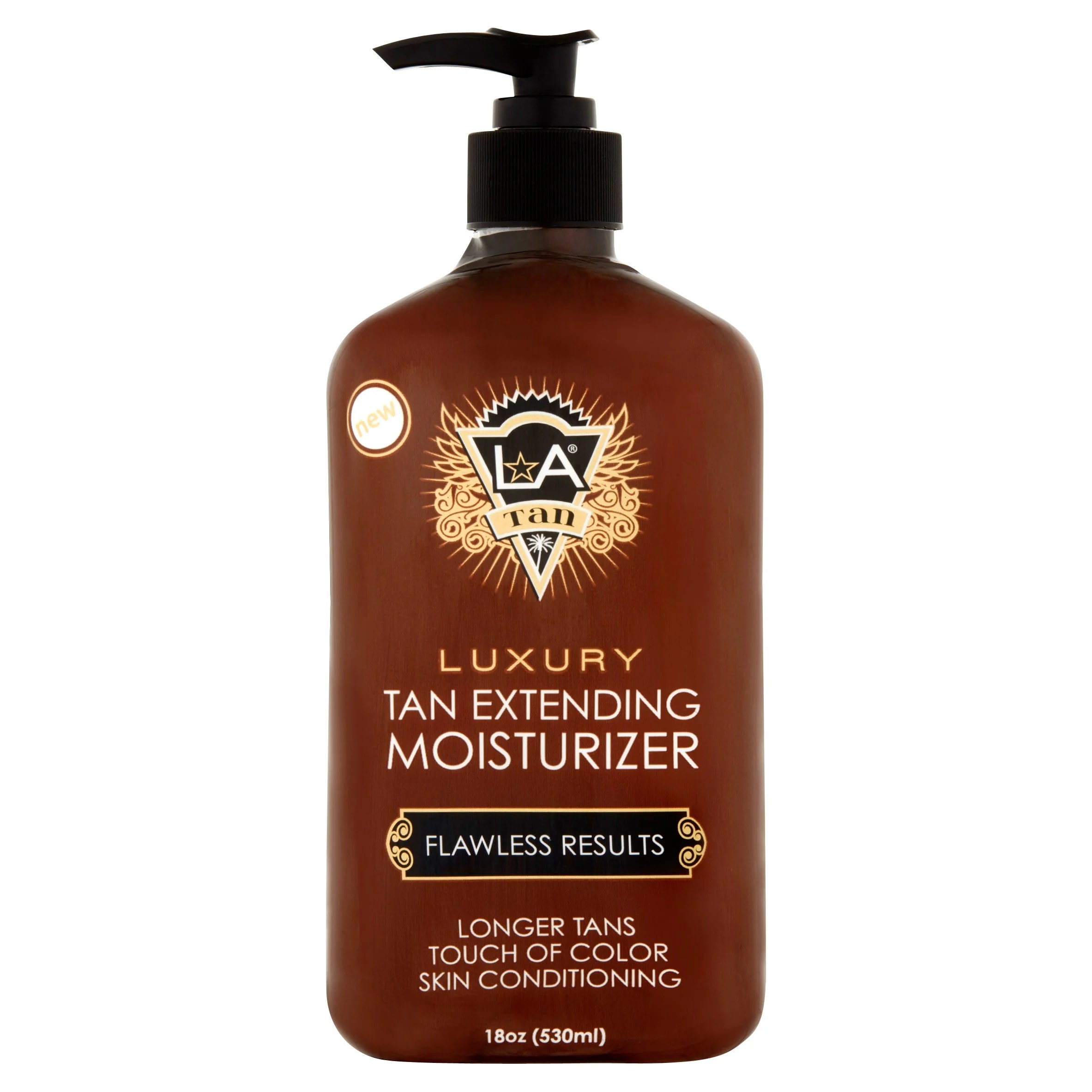La Tan is a term that resonates with those seeking a radiant, bronzed complexion without the harmful effects of sun exposure. With the rise of self-tanning products and techniques, understanding how to achieve the perfect tan has become essential. In this comprehensive guide, we will explore the history, benefits, and methods of achieving a beautiful tan, along with tips and tricks to ensure a flawless finish.
Whether you're preparing for a special occasion, gearing up for summer, or simply want to enhance your natural glow, this guide to La Tan will equip you with everything you need to know. From the science behind tanning to the best application techniques, we've got you covered!
Table of Contents
- 1. The History of Tanning
- 2. Benefits of Tanning
- 3. Types of Tanning Products
- 4. How to Apply Tanning Products
- 5. Skincare Before and After Tanning
- 6. Myths and Misconceptions About Tanning
- 7. Safety Precautions for Tanning
- 8. Conclusion
1. The History of Tanning
Tanning has been a part of human culture for centuries. Historically, a tan was often seen as a sign of wealth and leisure, as it indicated that one could afford to spend time outdoors. In the 1920s, Coco Chanel popularized the sun-kissed look after returning from a trip to the French Riviera, leading to a tanning craze that continued throughout the decades.
However, the perception of tanning shifted dramatically with the growing awareness of skin cancer and sun damage. This led to the development of alternative tanning methods, such as self-tanners and spray tans, which allow individuals to achieve a bronzed look without the associated risks of UV exposure.
2. Benefits of Tanning
Achieving a tan, whether through natural sunlight or artificial methods, comes with several benefits:
- Enhanced Appearance: A tanned complexion can create a youthful and healthy look.
- Boosted Confidence: Many individuals feel more attractive and self-assured with a tan.
- Camouflaging Imperfections: A tan can help to minimize the appearance of blemishes, scars, and uneven skin tone.
3. Types of Tanning Products
When it comes to achieving the perfect tan, there are various products available on the market. Each type offers unique advantages and may suit different preferences and skin types.
3.1 Self-Tanners
Self-tanners are topical products that contain dihydroxyacetone (DHA), a colorless sugar that reacts with the amino acids in the outer layer of the skin to produce a golden-brown color. They come in various forms, including lotions, creams, and mousses.
3.2 Spray Tans
Spray tans are typically administered by professionals in tanning salons. This method ensures an even application and is ideal for those who want a quick tan without the hassle of applying self-tanner at home. Spray tans also use DHA and can provide a more immediate result.
3.3 Tanning Lotions
Tanning lotions often combine moisturizing agents with tanning ingredients. These products are ideal for those who want to gradually build their tan while keeping their skin hydrated.
3.4 Tanning Mists
Tanning mists are lightweight and easy to apply, making them a convenient option for touch-ups or achieving a subtle glow. They often dry quickly and can be layered for a deeper tan.
4. How to Apply Tanning Products
Proper application is crucial for achieving a natural-looking tan. Here are some expert tips for applying tanning products:
- Exfoliate: Always exfoliate your skin before applying a tanning product to remove dead skin cells and ensure an even application.
- Moisturize: Apply a lightweight moisturizer to dry areas, such as elbows and knees, before tanning to prevent uneven absorption.
- Use a Tanning Mitt: A tanning mitt helps to distribute the product evenly and prevents staining your hands.
- Apply in Sections: Work in sections, applying the product in circular motions to avoid streaks.
- Allow to Dry: After application, allow the product to dry completely before getting dressed.
5. Skincare Before and After Tanning
Taking care of your skin before and after tanning is essential for maintaining a healthy glow. Here are some skincare tips:
- Pre-Tan Skincare: Exfoliate and moisturize your skin before applying any tanning product.
- Post-Tan Skincare: Follow up with a hydrating lotion to prolong your tan and prevent peeling.
- Avoid Hot Showers: Hot water can strip your tan, so opt for lukewarm showers.
6. Myths and Misconceptions About Tanning
Despite the popularity of tanning, several myths and misconceptions persist. Here are a few common ones:
- Myth: Tanning beds are safer than sunbathing.
- Myth: The darker the tan, the better.
- Myth: Tanning products provide sun protection.
7. Safety Precautions for Tanning
As with any beauty treatment, safety should be a priority. Here are some tips to ensure a safe tanning experience:
- Patch Test: Always perform a patch test with new tanning products to check for allergic reactions.
- Choose SPF Products: If using sun exposure for tanning, always use a broad-spectrum sunscreen.
- Stay Hydrated: Drink plenty of water to keep your skin hydrated and healthy.
8. Conclusion
In conclusion, La Tan offers a safe and effective way to achieve a beautiful, bronzed complexion. By understanding the various tanning options available and following proper application techniques, you can enjoy a sun-kissed glow without the risks of UV exposure. Remember to prioritize your skin's health by taking the necessary skincare precautions before and after tanning.
We hope this guide has provided you with valuable insights into the world of tanning. If you have any questions or tips of your own, feel free to leave a comment below. Don't forget to share this article with your friends and explore our other beauty guides for more helpful information!
Thank you for reading, and we look forward to seeing you again soon!




